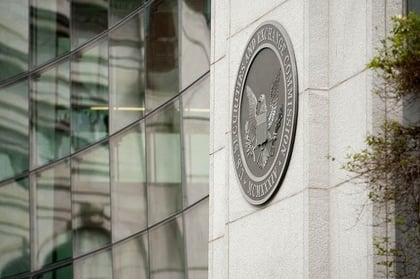New York-based Catalyst Capital Advisors and Jerry Szilagyi, its CEO and president, agreed to pay a combined $10.5 million to settle charges by the Securities and Exchange Commission that it misled investors about the management of risk in a mutual fund, the SEC said Monday.
The SEC on Monday also filed a separate complaint in U.S. District Court for the Western District of Wisconsin, in Madison, against the firm’s senior portfolio manager, Edward Walczak, alleging he fraudulently misrepresented how he would manage risk for the same fund.
The SEC’s settled order against CCA and Szilagyi found that, although the firm told investors that it abided by a strict set of risk parameters for the Catalyst Hedged Futures Strategy Fund, it breached those parameters and failed to take the required corrective action during a majority of the trading days between December 2016 and February 2017.
The fund lost hundreds of millions of dollars — about 20% of its value — from December 2016 through February 2017 “as markets moved against it,” according to the SEC.
CCA launched the fund as an SEC-registered mutual fund in September 2013 after converting it from a private fund that Walczak established in December 2005, the SEC said in its order agreeing to the settlement, filed Monday. The fund invests mainly in options on the S&P 500 index futures contracts and is sold to investors via unaffiliated investment advisors and broker-dealers, the SEC said.
A “core selling point” of the fund was CCA’s risk management procedures, the SEC said. But it said in the order: “In promoting such procedures, CCA and the Senior Portfolio Manager made material misstatements in investor-facing marketing documents and in telephone calls with investment advisers that it utilized stop loss measures and triggers to exit positions that would limit the Fund’s losses.”
The SEC’s order found that CCA violated the antifraud provisions of federal securities laws, and that Szilagyi was a cause of CCA’s violations and failed to reasonably supervise Walczak.









 January 28, 2020 at 02:03 PM
January 28, 2020 at 02:03 PM











